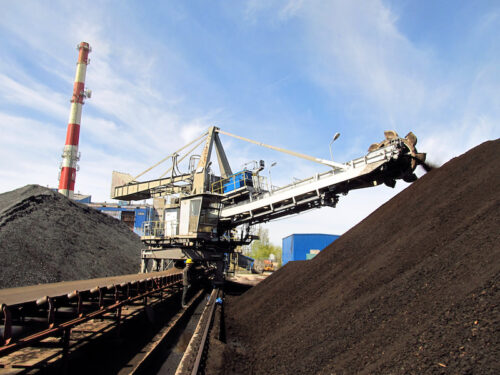>>REAL-TIME UPDATES IN THE WIRE. CLICK HERE<<<
Spot coal prices at major ports in China’s Bohai Bay are rising fast recently and economic planners in several regions including Tianjin city, the cities of Qinhuangdao, Tangshan and Cangzhou in Hebei province and the city of Jinzhou in Northeast China’s Liaoning province have conducted investigations in local port coal companies, according to a notice released by the National Development and Reform Commission (NDRC), the country’s top economic planner, on its official WeChat account on Thursday.
The regulators collected information about the companies’ coal sales and prices, urged them to comply with regulations and strict implement the prices specified in the long-term supply contracts, warned against raising prices with “dual contracts” and told the companies to maintain coal prices within a reasonable range, according to the notice.
As the winter heating season is approaching, stabilizing coal market and coal prices are critical to ensure stable energy supply and maintain steady economic operation, the NDRC said.
The NDRC will closely monitor the coal market and price changes and summons related companies when their selling prices exceed the reasonable range, it said.
On the same day, the economic planner in Tangshan city, Hebei province, said that it has recently conducted inspections and guidance on some coal companies’ implementation of coal price related policies and summoned and warned those who violated regulations and required them to write letter of commitment on strictly abiding by related policies.
The economic planner will work with the market regulator to crack down on market entities’ illegal behaviours including hiking prices by spreading false information, hoarding and price collusion, it said.

